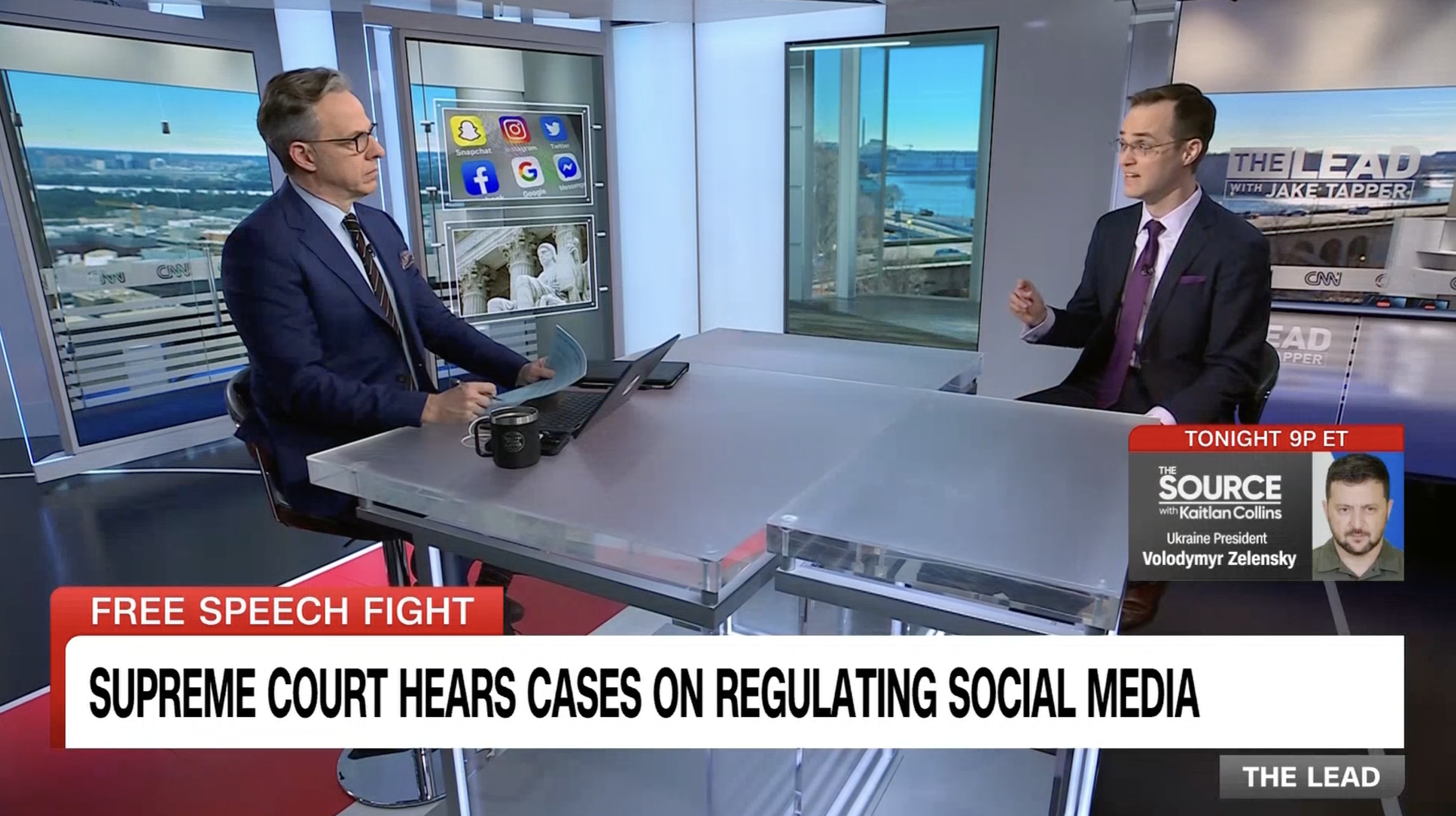Texas advances unconstitutional bill targeting technology companies

On the heels of Florida’s blatant attack on U.S. technology companies, the Texas legislature is poised to follow suit.
Like dozens of bills introduced in state legislatures this session, Texas’ SB 12 would impose new rules on private companies’ online content moderation practices that would limit their ability to remove offensive and harmful online content. It would also require companies to publish a quarterly report consisting of extensive details surrounding the enforcement of new content moderation practices.
In this hurried effort to punish companies for shutting down former President Trump’s accounts following the Capitol insurrection, some policymakers are pursuing unconstitutional legislation which will have unintended consequences for users. And in doing so, they’re not only violating the First Amendment — they’re also making the internet less safe for Texans.
Federal law gives companies the legal certainty to implement terms of service to combat inappropriate, harmful, and false information online. As such, responsible businesses – including those that SB 12 sponsors are singling out – already voluntarily invest significant resources toward content moderation practices to keep online users safe. Digital services also publish regular transparency reports that are available to the public. If SB 12 were enacted, companies would be forced to divert their trust and safety professionals from preventing the spread of harmful online content toward bureaucratic paper pushing exercises.
The bill is also overtly unconstitutional. It prohibits censoring based on a viewpoint, expressed on the service “or elsewhere” — a level of regulation of private companies that raises serious First Amendment concerns. Texas should not force digital services to carry the “viewpoint” of foreign propagandists like the Chinese Communist Party, or anti-American extremists.
A bias among conservative lawmakers toward specific companies is unmistakable. For instance, in March, Democratic Senator Gutierrez recognized that the threshold this bill set for applicable social media companies would allow some other conservative-leaning platforms, such as Parler, to be exempt from regulations. Senator Gutierrez proposed an amendment to even the playing field by lowering the number of users necessary for the law to apply from 100 million to 25 million. The proposal was voted down in a move that suggests sponsors’ motives are to punish certain platforms that shut down former President Trump’s accounts following the Capitol insurrection in January.
Despite ongoing warnings that bill measures are unlikely to stand up in court, many conservative lawmakers continue to barrel ahead with efforts to target social media companies and apply a double standard when it comes to free speech online this session. And in doing so, policymakers prove that they’re willing to sacrifice user safety as long as it gives them the opportunity to pursue leading tech companies.
Representatives in the House State Affairs Committee reported favorably on SB 12 last week and it will likely be heard on the floor this week. To date, only two bills geared toward regulating companies’ content moderation practices have passed this session. One in Utah was vetoed, and the other is currently in the Florida legislature waiting to be transmitted to Governor DeSantis.








